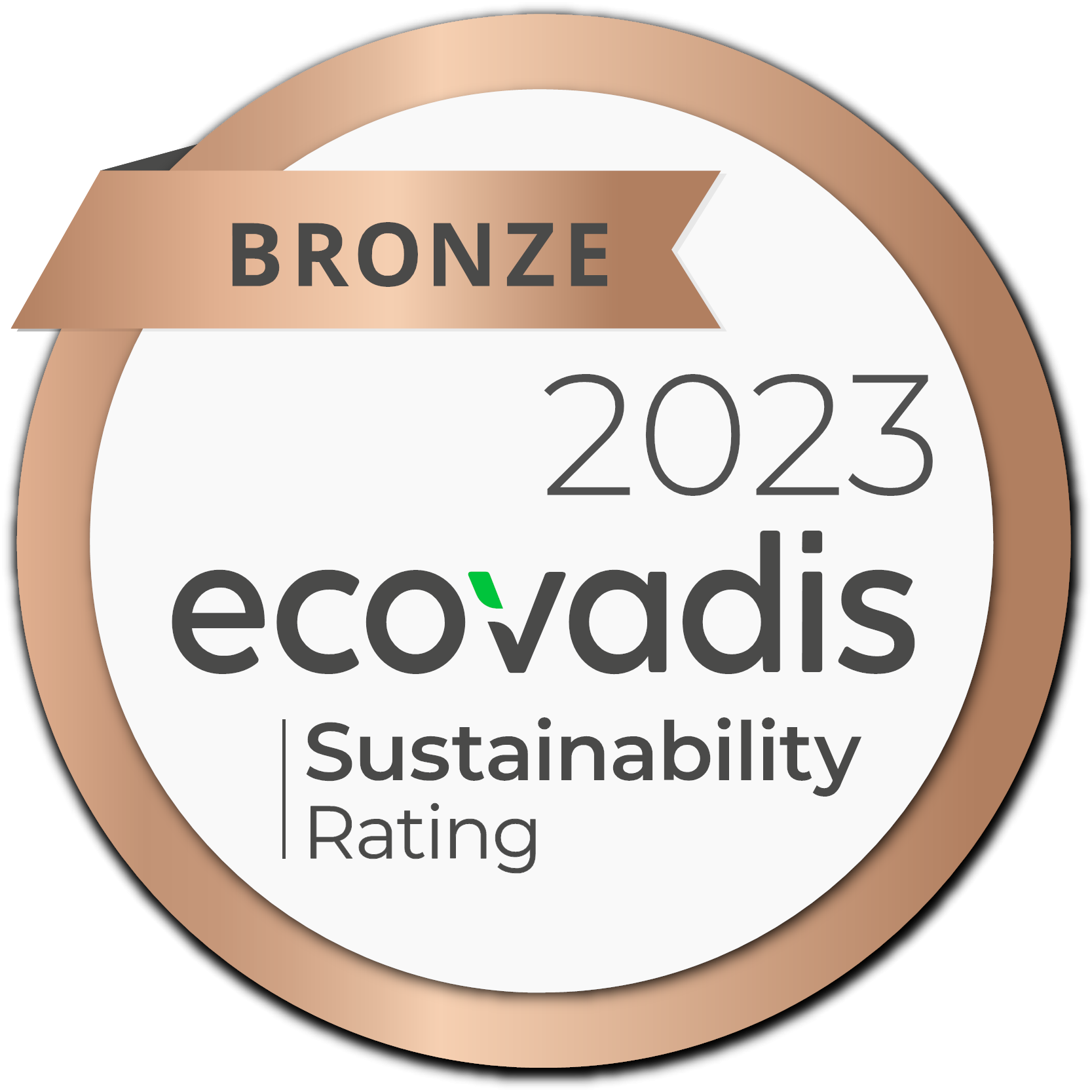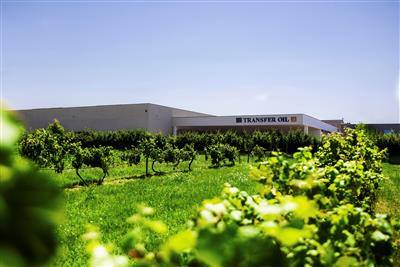
Sustainability
For a better tomorrowSustainability: a core value in Transfer Oil
At Transfer Oil we consider sustainability and the related ESG framework as crucial benchmarks for our values and business approach.
We strongly pursue the delicate balance between economic and environmental interests, with the aim of safeguarding our planet, our employees, and stakeholders.
For this reason, we not only follow international regulatory standards, but have implemented additional projects aimed at limiting the environmental impact of our business as much as possible.
Transfer Oil's journey toward sustainability started some time ago. The first photovoltaic system dates back to 2012 and, with 800 panels and 200 kilowatts of peak power, was very large and powerful compared to the size of the company at that time.
Then, the most relevant projects from a sustainability point of view were accomplished with the construction of the new headquarters from 2019 onward. In fact, this was born already with innovative solutions aimed at environmental respect and all-around energy saving.
Learn more
Air conditioning and lighting
Among the many aspects we have considered in the design of the new headquarters, the most relevant ones concern energy consumption. From the beginning, the goal has been to ensure optimal working conditions avoiding any waste.


Lighting

Sustainability in the manufacturing plant


Paper consumption
Paper consumption is extremely limited thanks to various solutions. Cloud digitization of all documents, large monitors that allow multiple documents to be viewed at the same time without printing them, only 3 printers for the entire office building. In this way we have saved more than 80% paper in the last few years.

Plastic consumption
To reduce the use of single-use plastic, we eliminated plastic bottles in vending machines by replacing them with drinking water dispensers and we provided all employees with a personalized thermal bottle to encourage their use. This allowed us to zero out consumption, which in 2019 amounted to 36,197 bottles per year.

Solar park
In addition to the one installed in 2012, a new photovoltaic system has been installed, which comes to completely cover all the roofs of the headquarters and plants for a total of 20,000 square meters (215.000 sqf). The new photovoltaic modules number about 5,000 for a peak power of about 2 megawatts.
The plant covers more than 80% of the company's energy needs, including the various electric vehicle charging stations, and will reduce atmospheric CO2 emissions by more than 910 tons per year, comparable to the planting of more than 35,000 plants, such as a 90-hectare forest, with energy savings of about 360 TOE (Tons of Oil Equivalent) per year.
Watch the video
ESG, Code of Ethics, sustainability report
In addition to investments in Transfer Oil's premises, a strong focus was placed on people.
A dedicated team was established, comprising both internal company figures and consultants from Deloitte & Touche, to address sustainability in alignment with ESG (Environment, Social, Governance - here a brief description) standards.

In 2023, the work of this team led to the drafting of the Sustainability Assessment, marking the first critical step toward preparing the Sustainability Report.
 At Transfer Oil, compliance with ESG criteria is also certified by Ecovadis, a company operating in 175 countries.Using a common platform and universal scorecard, Ecovadis issues ratings on corporate sustainability. Transfer Oil having passed the assessment, is placed in the "Bronze" category. (Read the news)
At Transfer Oil, compliance with ESG criteria is also certified by Ecovadis, a company operating in 175 countries.Using a common platform and universal scorecard, Ecovadis issues ratings on corporate sustainability. Transfer Oil having passed the assessment, is placed in the "Bronze" category. (Read the news)
For the supply chain, Transfer Oil is credited as a supplier in line with ESG policies on the Integrity Next platform. This ensures its client companies that accredited suppliers comply with international sustainability requirements and standards.
Within the ESG context, in 2023 Transfer Oil adopted the 231 Organizational Model and published its Code of Ethics. a basic document outlining Transfer Oil's core values and principles. This document outlines the company’s core values and principles, serving as a guide for employees, management, and other stakeholders to make ethical decisions and conduct their activities in a socially responsible manner.







